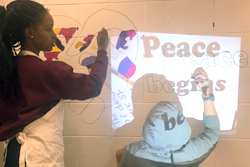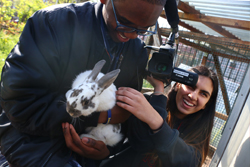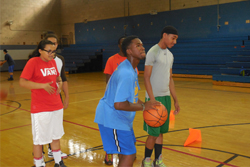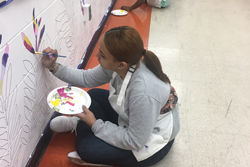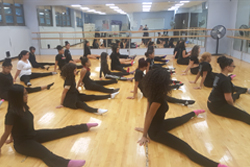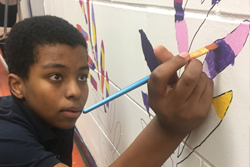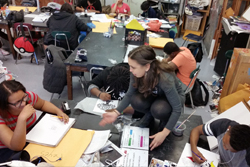- About
- Our Philosophy
- Vision, Mission, Goals, and Objectives
- Our Clients and Projects
- Team Members
- Community Change – Africa
Our Philosophy
Community Change, Inc. recognizes that students, parents, staff, teachers and community members are all partners who have important roles in achieving our vision. We believe that education is a most valuable tool for gaining the power necessary to create our desired futures. We believe that education must prepare people to control and overcome the challenges of their environment. Community Change, Inc. believes that observation and application are essential elements of an excellent education. Through creative repetition, our efforts focus on advancing participants’ knowledge, skills, values and behaviors in community organizing and career explorations.
We believe that people learn best when topics are presented to them in a relevant and appropriate manner. We also believe that teaching is most effective when an approach seeking to achieve one’s mastery over the content is used. We believe that a foundation of love and a dedication to learning are necessary ingredients towards achieving our vision.
Community Change, Inc. envisions a population of people who can and will support the survival and success of themselves and their community. We believe that, through the work of the CareerVisions Institute and our students, staff, partners and parents, nothing will ever stop us from making this vision a reality.
What’s the Problem?
If something isn’t done about the lack of leadership and ambition amongst young people, they will continue to be ill-equipped for survival in their community and unprepared to successfully compete professionally as adults.
Instructional Approach
Appropriateness — the content of lessons is delivered to program participants in an appropriate manner. Content of lessons is delivered in such a way that can be easily grasped by the learners because it clear and understandable to every student in the group.
Relevance — the content of lessons accommodates the needs, interests, and concerns of program participants. The degree in which something is relevant determines the level of attention and action it receives from an individual or group.
Observation (Analysis) — lessons allow for learners to observe and analyze the content. This analysis involves the activation of one or any combination of the learners’ senses (i.e. sight, smell, touch, taste, and hearing).
Application (Action) — lessons allow for learners to use the content through practical activities/experiences.
Creative Repetition (Reinforcement) — important content of lessons are repeated through a variety of learning activities and experiences.
Mastery — lessons allow for learners to demonstrate that they have mastered the content. Learners are provided with opportunities to teach their peers what they have learned.
Guiding Principles
Learning — increasing one’s knowledge, skills, values and behaviors.
Community — a neighborhood; a group of people having common interests; togetherness.
Power — the capacity to create a desired outcome; strength.
Leadership — the ability to provide guidance and direction towards reaching certain goals.
Excellence — superiority; the state of being of the highest quality.
Vision — the picture of the reality or world that you are seeking to create.
Focus — to concentrate; to center one’s attention on something. Target or goal (noun).
Organization — the practice of having a formalized structure to get things done.
Love — possessing deep devotion and care for someone or something.
Creativity — possessing resourcefulness, inventiveness, or imagination.
Dedication — commitment, loyalty, or devotion to an act, idea, person, or group.
Professionalism — the practice of meeting or exceeding the standards of a particular industry.
Critical Thinking — the process of questioning common assumptions, beliefs, standards, or ideas.

